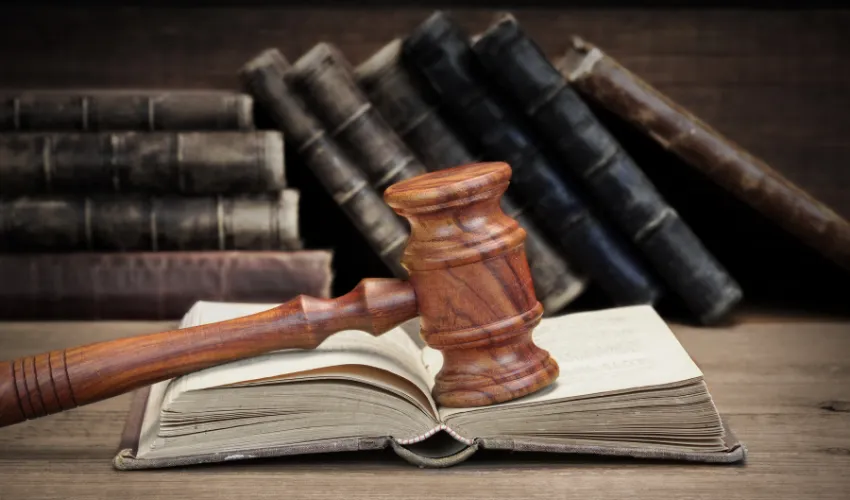
Medical Liability, Open Questions Pending the Court Rulings
There are still no jurisprudential decisions on damages caused by the pandemic. A discipline as broad as that is only partially explored, especially if you think of the dimensions of a crisis such as that of COVID-19. In the health sector, for example, many are considering legal action because they believe that they did not receive adequate care for themselves or their family members, in hospitals or nursing homes for the elderly (RSA, the Italian acronym). Furthermore, patients with different pathologies who could not receive suitable treatments should not be omitted.
Even if this type of lawsuit against doctors, nurses and health facilities presents many difficulties, "the risk is of a prolonged slowdown of the judicial system if a high number of disputes is initiated", explains Francesco Paolo Patti, Associate Professor of private law at Bocconi University. "To reduce this danger, the need has arisen to formulate special norms, including the proposal to consider the partial exemption of liability for healthcare personnel", adds Patti who wrote "Responsabilità medica e pandemia da COVID-19", in the collections of essays Biopolitica, pandemia e democrazia: rule of law nella società digitale - vol. 3: Pandemie e tecnologie: l'impatto su processi, scuola e medicina ("Medical liability and the COVID-19 pandemic", in the book Biopolitics, pandemics and democracy: rule of law in the digital society - vol. 3: Pandemics and technologies: the impact on processes, schools and medicine).
At the basis of this proposal are the objective organizational shortcomings and the absence of guidelines so that doctors and nurses did not know at first how to manage a pandemic of the same severity as that of COVID. On the other hand, "it would be less justifiable to provide for the same exemption for health and care facilities, considering the health protocols that had already been in place internally and internationally", continues the Associate Professor of private law. "For doctors, the hypothesis of gross negligence remains, while the civil liability of hospitals is the pivot for any disputes in this case". Overall, therefore, the current legislation is capable of adapting to the exceptional nature of COVID, without having to resort to ad hoc legal discipline.
In parallel, however, the idea has also arisen of introducing laws that provide for the possibility of compensation for damage caused by coronavirus, a matter which also has a similar precedent in the case of infected blood transfusions. But even the procedures in the latter case have encountered organizational and management problems, to which is added the difficulty of establishing satisfactory compensation measures, given the lack of homogeneity with respect to the damage inflicted by a pandemic that has caused so much death and suffering.